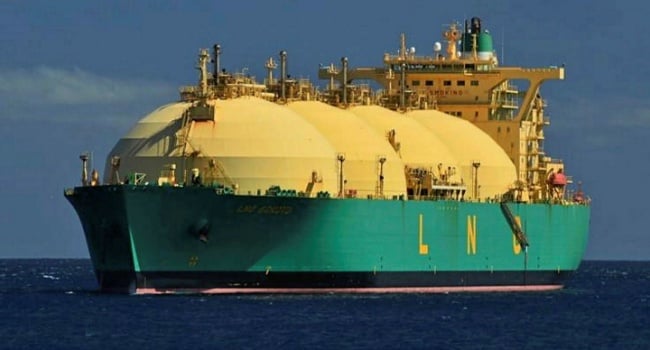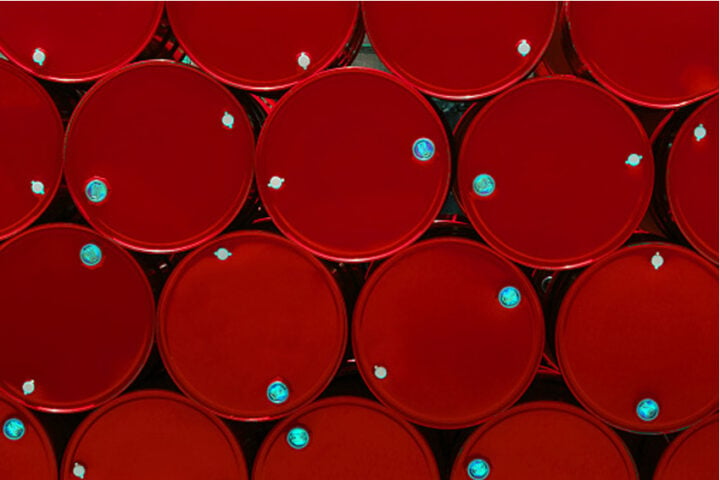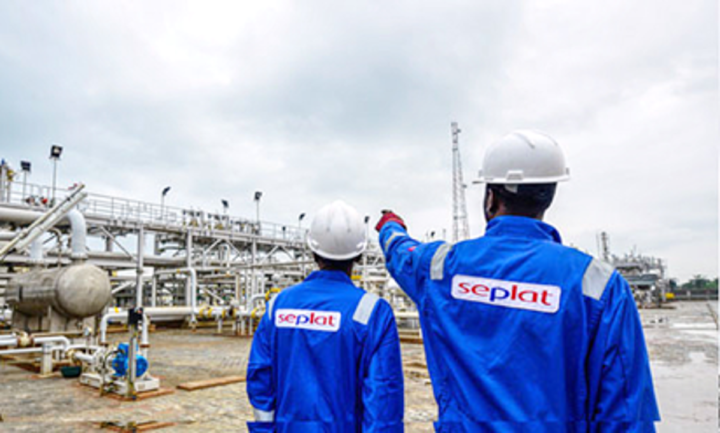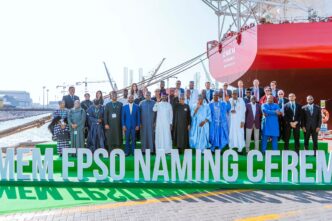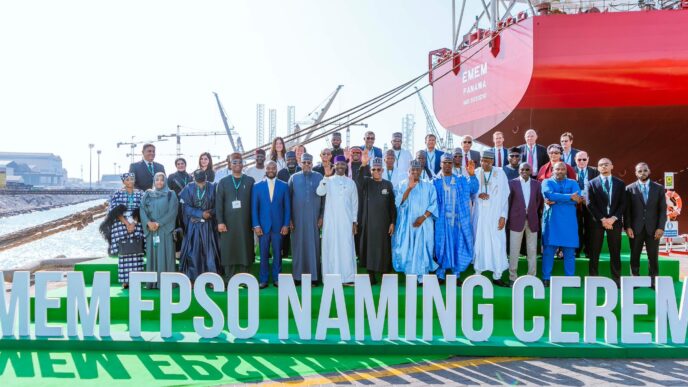Nnamdi Anowi, general manager of production at Nigeria LNG (NLNG), says the company plans to replace all its steam-powered vessels with modern ships within the next decade.
Anowi announced the plans at the World Leaders’ Panel session on Tuesday in Berlin, Germany, as part of the 2024 World LNG Summit and Awards.
The 2024 summit is themed ‘Achieving the Balance Between Energy Security and Decarbonisation’.
“We are making significant strides in our shipping operations. Over the next 10 years, we aim to transition from our current steam-powered vessels to modern ships,” he said.
Advertisement
“Earlier this year, we took a major step by entering into a long-term chapter of our first modern ship Aktoras, and we are already planning to acquire a second ship next year.”
Anowi said NLNG’s target is to achieve net zero emissions by 2040.
He said the goal is attainable through the implementation of a combination of solutions that include operational efficiency, natural sinks/offset projects, carbon capture and storage (CCS), net zero expansion, digital solutions and shipping efficiency.
Advertisement
“Our pathway to net zero aligns with Nigeria’s target of reaching net zero by 2060, while many major players in the industry are aiming for 2050,” Anowi said.
“We are actively expanding our initiatives in this area, including several low-carbon projects.”
‘NLNG HAS COMMITTED 100% OF ITS LPG TO NIGERIAN MARKET’
Furthermore, he said the company had committed 100 percent of its liquefied petroleum gas (LPG) production (propane and butane) to the Nigerian market.
Advertisement
The GM pointed out the urgent need for cleaner energy, citing a report which showed that not less than 100,000 Nigerians died yearly from smoke inhalation caused by cooking with firewood — predominantly affecting women and children.
“This underscores our commitment to sustainability. It’s important to recognise that about 80 percent of Africans lack access to cleaner energy,” Anowi said.
“When discussing sustainability, we can not overlook the necessity of providing energy to these communities.”
He noted that NLNG was working tirelessly to improve its production capacity from 23 million tonnes to 30 million tonnes through its ”Train 7 Project”.
Advertisement
“We are actively engaging with stakeholders and the government to ensure our LNG trains are filled by the end of next year,” he said.
On sustainability, Anowi explained that 75 percent of NLNG’s emissions result from its operations, with shipping activities accounting for the remaining 25 percent.
Advertisement
He highlighted the significance of measurement, reduction, avoidance, and mitigation strategies in their sustainability efforts.
Anowi said the company was also exploring carbon capture and storage (CCS) opportunities through collaboration with the government and other international oil companies.
Advertisement
“We are in the early stages of CCS implementation, assessing potential reservoirs for this purpose,” he said.
In terms of renewable energy, Anowi said NLNG was investigating solar power projects at its offices in Abuja and Port Harcourt as part of its broader sustainability initiatives.
Advertisement
Add a comment
